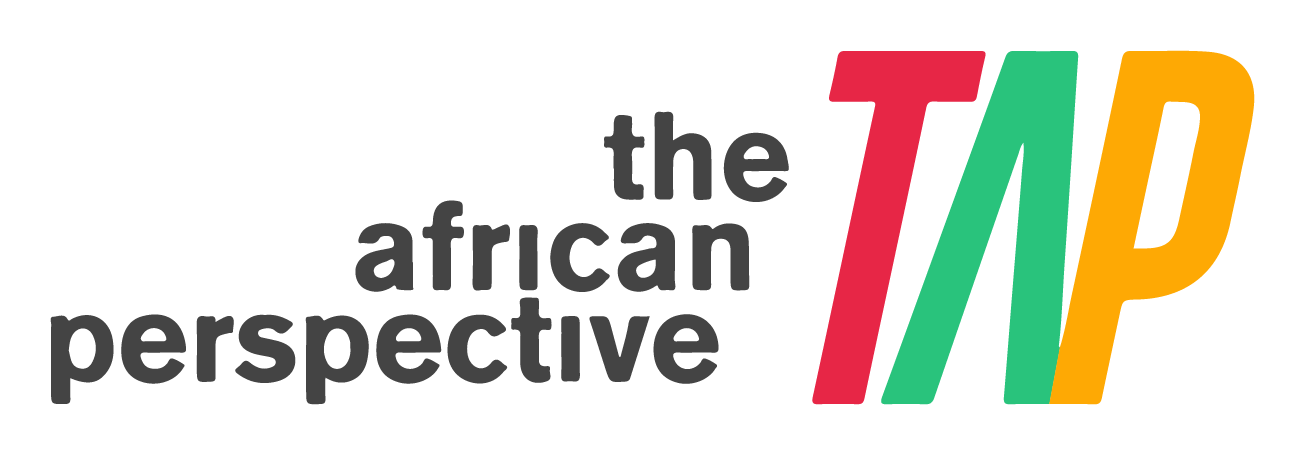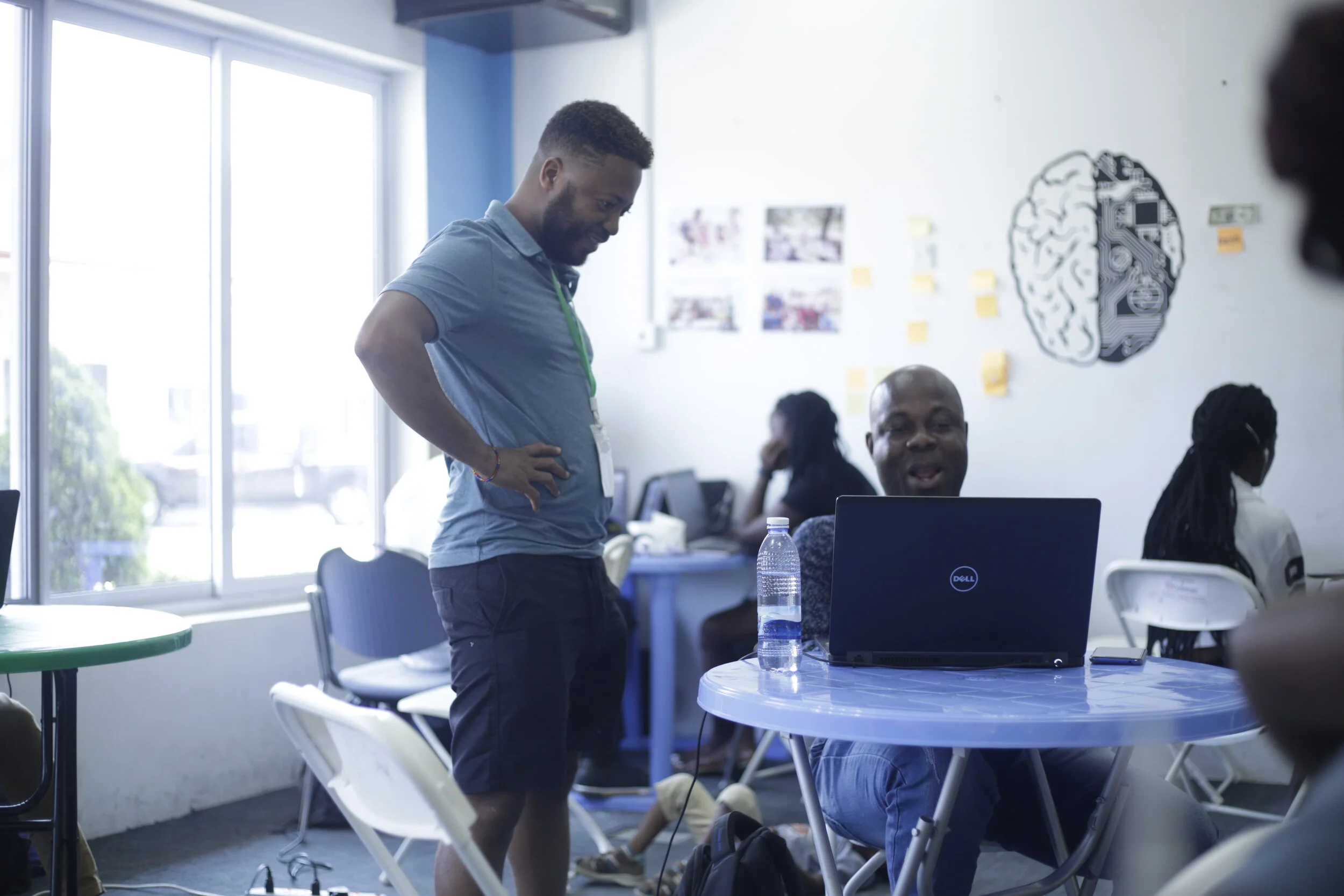Codetrain - Bridging africa’s skills gap
Bridging Africa’s skills gap and providing employment opportunities for our youth. An interview with Richard Brandt, Founder & CEO of Codetrain.
TAP Magazine Issue 13
Today, Nearly half of university graduates in Sub-Saharan Africa are unable to land jobs. The proliferation of smartphones, high-speed internet, and the digitization of our economy means that Africa will need a talent base that will possess the needed skills to support this infrastructure.
In order for there to be continuous development in the years to come, Africa must bridge the skills gap and provide employment opportunities for our youth. On our last visit to Accra, Ghana we met Richard Brandt, an amazing young Entrepreneur, Educator, and Technologist who has dedicated his work to address the above challenge.
Richard is the Founder and CEO of Codetrain. A training program that transforms people into professional software developers and then matches them to companies for employment. Codetrain has trained 395 developers in two branches - Accra and Kumasi - with a placement rate of 81%. Codetrain has also held numerous campus boot camps across Ghana training and mentoring over 10,000 students from across Ghana's universities.
Even before receiving his BSc in Mathematics from the Kwame Nkrumah University of Science and Technology (KNUST), Richard had already decided that his passion was helping others using STEM (Science, Technology, Engineering, and Math) to solve society’s problems. Fast forward a few years later, Richard would start Codetrain, direct from his tiny apartment’s kitchen. He tells us more below:
Please Introduce yourself to the TAP Fam…
My name is Richard Brandt and I am the C.E.O and founder of Codetrain. I grew up in Accra, the Capital of Ghana, I went to school here in Accra, and early on, like most young Ghanaian boys, I used to play soccer and had ambitions of being a professional soccer player and representing the Black Stars. In school, I was good at most of the subjects. At the University I joined a program called Meltwater Entrepreneurial School of Technology (Mest) where I got two years of sponsorship in entrepreneur and software development. This is where my love and interest in software development was developed.
While at MEST, Richard’s team won the World Youth Summit Award with an innovative solution that aimed at reducing maternal mortality in developing countries.
How was it growing up in Ghana?
Growing up in Ghana was a lot of fun. We used to make toy cars and kheits using boxes and rubber and other cool and innovative things. My father used to work in the hospital and I remember there was a time I volunteered for polio immunization and during this time I was exposed to the poor rural areas where I learned that not everybody had the same privilege that I had. This instance changed my perspective and left me pondering on what I could do that will help the poor people in these communities and across Ghana.
How did you start?
I discovered that Ghanaians are very talented and only lack opportunities, since I knew how to code and knew that this was a skill in demand, I started Codetrain in my house kitchen with a table and three chairs. I got my first student but then he kept bringing his friends because they also wanted to learn. Soon enough, more and more students who really wanted to learn started showing up to my kitchen. The first group of students learned for free but the second group paid some money for upkeep. I saw a business opportunity that I was ready to venture into and so I left my job to focus on Codetrain.
From your kitchen table to today, how has the journey been?
The journey has been amazing. From my kitchen we started renting a training center once a week, from there, after the number of students had increased, we were able to rent a place of our own. Today, not only do we have this vibrant place here in Accra but we’ve also opened a branch in Kumasi (Ghana’s second city) and we’re forecasting on opening more branches.
What has been Codetrain’s Impact thus far?
We have trained 395 students as professional software developers. Most of these students are already employed in big companies. We’re very proud of the fact that we’ve been able to find placement for 81% of all our students. As well, we’re proud of our community engagement and outreach programs. We’ve held numerous campus bootcamps across Ghana training and mentoring over 10,000 students from across Ghana's universities.
Richard was selected among the 100 best innovators in the world to join ‘Startup Chile”, one of the biggest startup accelerators globally; to advance his knowledge in technology and entrepreneurship.
Specifically, how is Codetrain different from other schools?
The skills given here takes only six months compared to other schools that offer the same in a period of 2 years. Our courses are well tailored to get you ready for the opportunities in the job market. Most importantly, at Codetrain, we don't just teach how to code! Codetrain’s holistic approach also offers valuable soft skills training required to be successful in today’s modern work environment.
What are some of the challenges that you’ve encountered?
Starting the school as a young person was very hard for me mainly financial wise. Convincing students to join Codetrain was also very hard because the school was very small, with zero reputation and new in an increasingly competitive market.
What is the best business advice that you’ve received?
The best business advice that I have received was that it was not only enough to start the school but that I had to make it sustainable on its own before we even thought about expanding it further to more cities and around the country.
What do you do outside Codetrain?
I love to hang around with my friends, to play and watch football although most weekends I usually join my students for their project presentations.
How will coding change Africa?
Coding will enable skilled African youths to access the global technology ecosystem, for them to secure competitive wages and employment hence create wealth back to Africa






Welcome to Issue 19 of TAP. For the past decade, migration has been one of the leading political issues across the Western World. In Europe, many people live in paranoia of African migrants swimming onto their shores and taking over their villages, towns, cities, and countries; but most importantly, their jobs and way of life. This fear has led to the resurgence of extreme far-right groups, politicians, and political parties. Using fear, they have taken the opportunity to incite division and hate amongst the doubtful masse